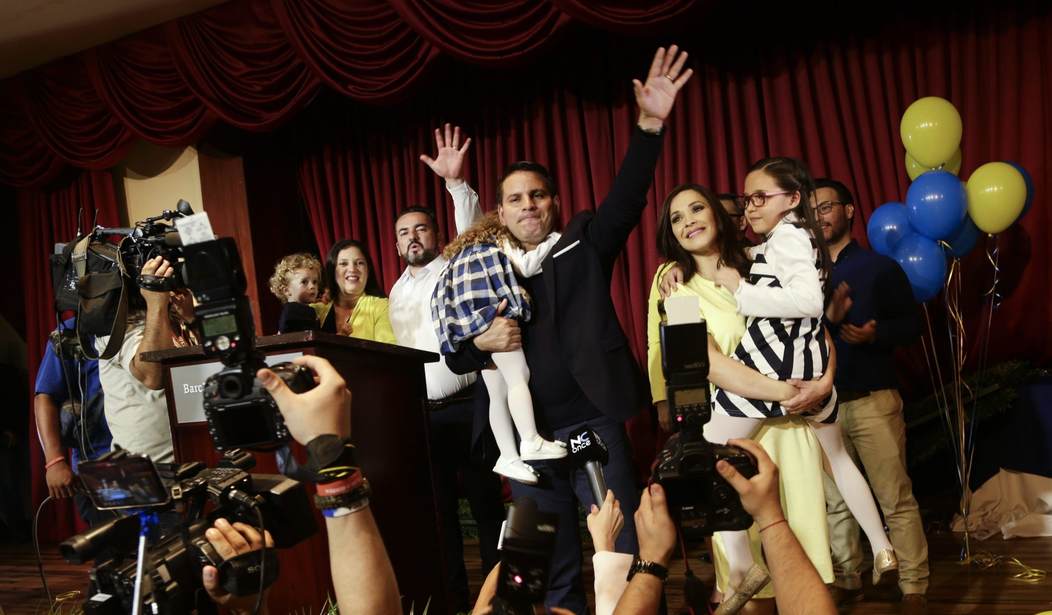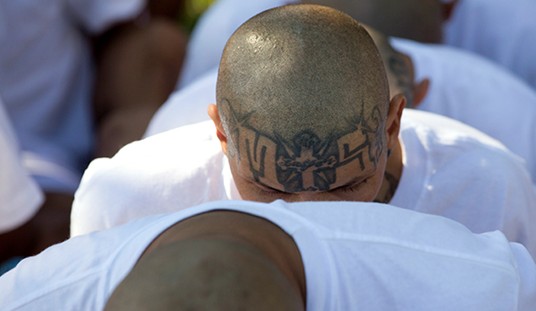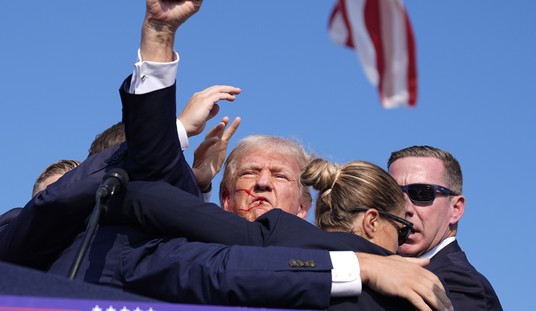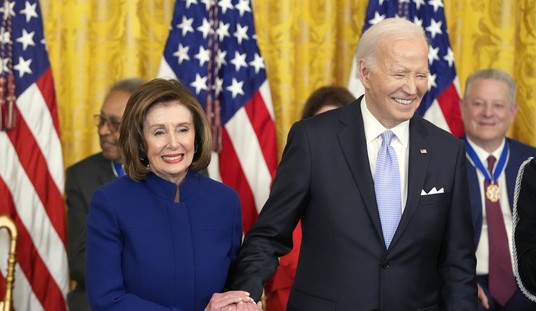The seeming inevitability of same-sex marriage has stalled, and even reversed, in two North American countries. Last month, Bermuda became the first country in the world to repeal same-sex marriage. In Roman Catholic Costa Rica, an evangelical Protestant has a solid lead in the presidential election, likely because he has pledged to oppose same-sex marriage after an international court tried to foist it on the country.
On February 4, conservative evangelical Christian Fabricio Alvarado Muñoz of the National Restoration Party won with a mere 25 percent of the vote, triggering a runoff April 1 against Carlos Alvarado Quesada of the ruling Citizens’ Action Party, who took 21.6 percent of the vote.
A new poll released Sunday found Alvarado Muñoz with a powerful 14-point lead over Alvarado Quesada. Once undecided voters had been removed, Alvarado Muñoz took 56.9 percent of the vote in a survey by the polling firm OPol Consultores taken between March 12 and March 16. Alvarado Quesada took 43.1 percent, without undecided voters, Business Insider reported.
The evangelical Protestant kept his lead with undecided voters factored in. Over one third of the electorate said they were undecided or planned not to vote. Another third, 36.5 percent, said they would back Alvarado Muñoz, while about a quarter (27.7 percent) said they would support Alvarado Quesada.
Alvarado Muñoz, a 43-year-old religious singer and former journalist, shot to the top of the polls in late January, following a January 9 ruling from the Inter-American Court of Human Rights (IACHR) requiring Costa Rica to allow same-sex couples to marry. The court ruled that all countries which have signed the American Convention on Human Rights must approve same-sex marriage.
According to a Pew Research Center survey in 2014, 61 percent of Costa Ricans opposed legal same-sex marriage, while only 29 percent supported it. Only 13.8 percent of Costa Ricans identified themselves as evangelical Protestants in 2007, while 71 percent said they were Roman Catholic (45 percent practicing, 26 percent non-practicing).
According to the Catechism of the Roman Catholic Church, homosexuality is a perversion and marriage is between one man and one woman. Evangelical Christians see marriage as a symbol of the union between Jesus Christ and His church, which will culminate in a wedding feast at the end of time. They also cite Romans 1, a passage suggesting that homosexual passion is a curse and result of sin. For these reasons, most Catholics and evangelical Protestants both oppose same-sex marriage.
Even so, evangelical Protestant Alvarado Muñoz shot to the top of the polls in mid-January, after firmly denouncing the IACHR ruling as a “sovereign violation” of Costa Rica’s self-governance. In a February debate, he declared, “We have to stand up to those who want to trample on the family.”
Alvarado Quesada, the ruling party’s candidate, was the only presidential candidate to support same-sex marriage.
The struggle over gay marriage in Costa Rica dates back to May 2006, when the nation’s Supreme Court ruled against the practice. The 5-2 decision ruled that the country’s Constitution did not require a legal recognition of same-sex marriage. The first bill to legalize gay marriage popped up in March 2015, and the Citizens’ Action Party announced its support for same-sex marriage in December 2016.
In an interesting twist, President Luis Guillermo Solís, a member of the Citizens’ Action Party, announced his personal opposition to gay marriage, but committed himself to approving a law extending marriage rights to same-sex couples. Last November, the country had a conference focused on gay marriage, where one of the country’s two vice presidents, Ana Helena Chacón Echeverría, announced her support for it.
Despite the mounting pressure, it seems most Costa Ricans still oppose redefining marriage. Bermuda may have been the first state to reverse same-sex marriage, but it seems it likely will not be the last.
In the 2014 Pew survey, most Latin American countries proved even less supportive of gay marriage than Costa Rica. For instance, 83 percent of those in Honduras opposed gay marriage, as did 74 percent of people in Ecuador, 72 percent of those in Panama, and 65 percent of those in Peru.
Only in Mexico (49 percent for gay marriage), Chile (46 percent for it), Argentina (52 percent) and Uruguay (62 percent) did more people support same-sex marriage than oppose it.
If the IACHR intends to push gay marriage on every country throughout Latin America, this action may inspire backlashes similar to the one in Costa Rica. If a foreign legal body can push an evangelical Protestant to the top of the polls in an overwhelmingly Catholic country, same-sex marriage can inspire social conservatives across South and Central America.
When Bermuda struck down same-sex marriage, many thought of it as an outlier. If Costa Rica elects Alvarado Muñoz on April 1 — which is also Easter Sunday — Bermuda may turn out to have been the very first domino in an international resurgence of social conservatism.









Join the conversation as a VIP Member